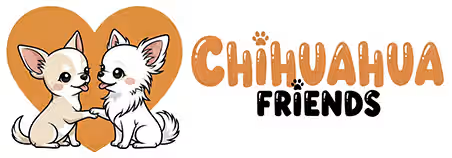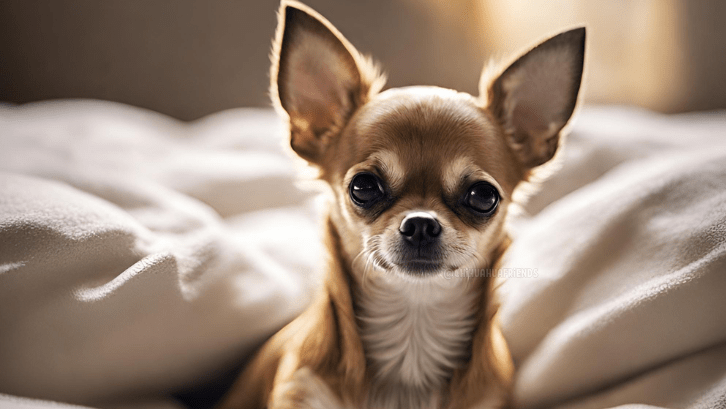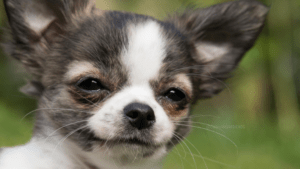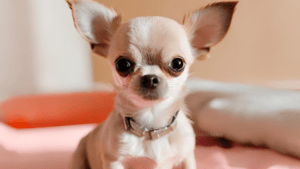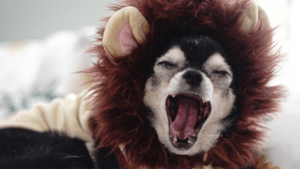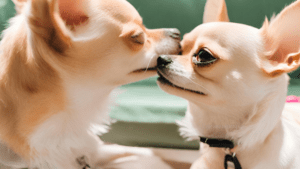Why do chihuahuas growl and bark at people?
It is good to make a premise, which I hope will help readers understand that when a dog manifests a behavior problem, it is not possible to solve it by acting on the “symptom,” that is, the behavior itself, but it is necessary to understand the cause that triggers it.
It is good to make a premise, which I hope will help readers understand that when a dog manifests a behavior problem, it is not possible to solve it by acting on the “symptom,” that is, the behavior itself, but it is necessary to understand the cause that triggers it.
Unlike most breeds selected for the purpose of obtaining dogs that specialize in a particular job, chihuahua belongs to the group of pet dogs and as such, although it often has the opportunity to spend a lot of time with its owner, as being a small dog it tends to take it with it more often; it does not mean that it has the opportunity to interact and share really enjoyable activities, with its owner.
Like all companion dogs, the Chihuahua retains childlike behavior, such as attention-seeking, playfulness and poor predatory instincts, even into adulthood.
Sweet-natured and affectionate with his owner, by virtue of his small size, he is often allowed, to his great satisfaction, to spend time in his arms, being carried everywhere without showing signs of impatience.
This, combined with a “eternal puppy” appearance (large eyes in an often frontal position, rounded head of large proportion to the body, small teeth, and short muzzle), leads the owner to forget that the chihuahua, despite its small size, is a dog just like any other dog and though it lives in a very different urban setting than the environment in which its wolf ancestor developed; Has the same ethological needs as species, needs that too much are often overlooked for the benefit of human socialization needs.
Behind its fragile appearance, it hides. a strong, determined and courageous character which frequently leads to relationship problems with other dogs, problems that given the size of the dog, can also end tragically, especially if the dog has been denied the opportunity to learn, the rudiments of “canine etiquette,” through proper socialization with other dogs.
But let’s get to the crux of the matter: “why does our darling, become particularly grumpy with strangers, just when he is in the arms of his human companion?”
The reasons are can be of various kinds:
- Inadequate socialization with people, in the first 3 to 4 months of life (sensitive period), socialization that must include meeting people of various kinds, so that the dog, can experience humankind as a friendly species.
- Or on the contrary, too many encounters with people who do not have a good reading of the dog, exaggerate with effusions and caresses, without realizing that the dog is experiencing them with discomfort.
- The tendency to pick up the dog to protect him from danger – The dog must have the opportunity to experience the world, under the watchful eye of the owner who will take care to protect him, but without preventing him from experiencing different environments, various objects, people and other dogs. If the owner does not offer the dog this opportunity and picks him up whenever he shows fear or discomfort, he will go on to confirm the dog’s fears, reinforcing the inappropriate behavior.
- Uncredited owner in the eyes of the dog – The apparent fragility of the Chihuahua, combined with its “mini” size and sweet eyes, very often leads the owner to experience the dog as a kind of dog/child hybrid and to interpret its behavior from a human perspective. Doing so not only does it a disservice, but even harms it, as its true nature is denied and its real needs as a species are not recognized. On the other hand, the tendency to spoil him is high, and the dog, being the excellent observer that he is, will tend to behave more and more capriciously, barking, growling until he bites. It is therefore of paramount importance that the dog, even as a puppy, be given the first dictates of education in order to foster balanced behavioral growth and prevent any undesirable behavior.
Carla Beard
Sing To The Moon Dog Center
